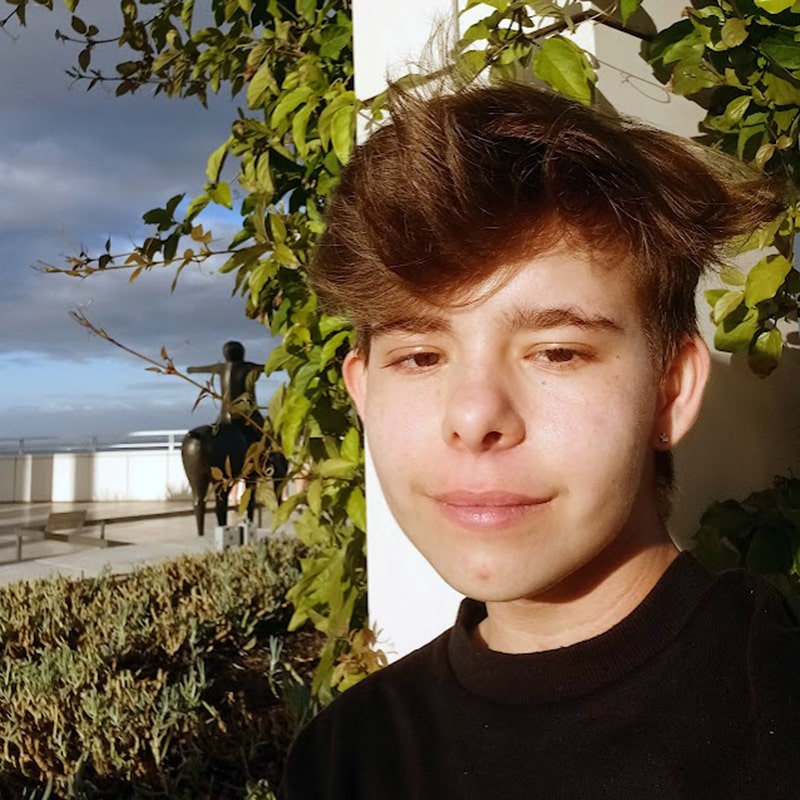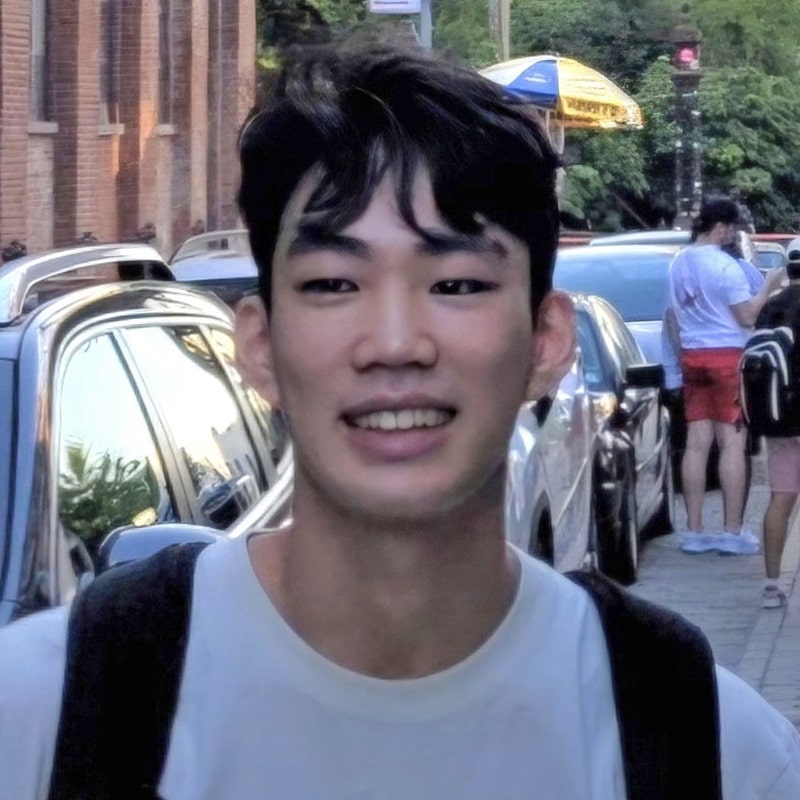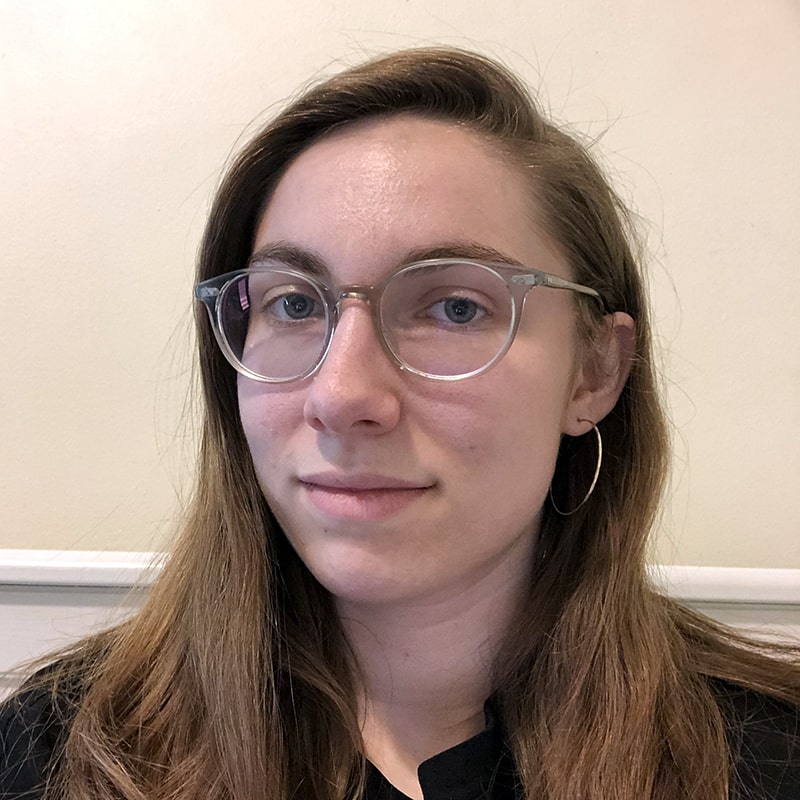
Issue 4 - Spring 2024
From the Editors
Dear WOVEN Readers,
As we close out the spring semester and reflect on the last academic year, it is hard to ignore the dominant role that AI has begun to play in our individual lives – as students, as teachers, as researchers. But, just as the flood of new generative AI tools has brought many opportunities for innovation and new avenues for inquiry and creativity, so too has it continued to challenge us all to think deeply about our humanity. What is it that makes us human? If we are giving over so many of our tasks to these tools, what do we keep back for ourselves? What, as humans, do we value and where does our value lie?
In this issue, we showcase our students’ exploration of humanity, of our values, of what makes us us. From humanities and social science courses across the Dietrich College General Education Program, WOVEN’s 4th issue brings you exemplary works that:
- explore the human drama between consumerism and our shared responsibility as stewards of the planet,
- use developmental psychology frameworks to help parents empathetically explain complex social issues like food insecurity to children,
- measure how the varied goals and values of academic disciplines show up in written language choices,
- analyze the delicate balance between individual expression and societal norms, between human rights and personal identity,
- explore the intersection of technology and art, demonstrating how we value our history, creativity, and the preservation of our cultural artifacts,
- address vulnerability and the need for belonging as core components of the human experience, especially in the transitional college environment,
- and adapt Shakespeare’s Macbeth to question our relationship with technology and how it shapes our identity and interactions in the modern world.
As always, we are in awe of and truly grateful for the incredible dedication and engagement of our student authors and the faculty mentors that inspired this work. We are also eternally grateful to Colleen Libertz, our Production Manager, and to Dietrich College, the Department of English, and the Writing and Communication Program for their support of WOVEN and its own goals and values. Lastly, many thanks and much gratitude to you all, our readers; keep reading and keep spreading the word of this publication so that we may continue to showcase the extraordinary student work coming out of our Dietrich College GenEd courses.
Alan Thomas Kohler & Courtney Novosat
Table of Contents
- A Development-Centered Approach for Explaining Food Insecurity to Children - Ethan Sterkeson
- A DEED WITHOUT A NAME - Rowan Dunlop
- The Role of Artificial Intelligence in Art Restoration - Glenda Tan
- Different Usage of Hedged Confidence Language in Four Different Academic Disciplinary Fields - Jaehyuk Chang
Ethan Sterkeson
A Development-Centered Approach for Explaining Food Insecurity to Children
GenEd Course Completed: 85-221: Principles of Child Development
Faculty Mentor: Sharon Carver
What were the best parts of the GenEd course you completed?
I appreciated the variety of perspectives that were discussed in the course and the acknowledgement that even our current knowledge is still in progress.
In what way do you see the experiences in this GenEd course contributing to your larger goals at CMU and beyond?
As someone who is interested in doing some kind of psychology research in the future, this course was relevant to my larger goals. It helped to expand my awareness of the ways research is conducted and applied in practice. I also now have a greater appreciation for just how important childhood is to a person's development.
Rowan Dunlop
A DEED WITHOUT A NAME
GenEd Course Completed: 76-245: Shakespeare: Tragedies & Histories
Faculty Mentor: Stephen Wittek
In what way do you see the experiences in this GenEd course contributing to your larger goals at CMU and beyond?
This course helped me re-contextualize Shakespeare into the time it was written, better informing how I may apply it to today's world in future work. This course helped me take Shakespeare off of a pedestal and engage with it in a holistic and practical way.
How did the revision process and preparation for publication for WOVEN help you further develop your competencies in writing and communication?
This process helped me understand what goes into publishing, and helped me think critically about reader attention span and engagement.
Glenda Tan
The Role of Artificial Intelligence in Art Restoration
GenEd Course Completed: 76-101 – Interpretation and Argument
Faculty Mentor: Chad Szalkowski-Ference
In what way do you see the experiences in this GenEd course contributing to your larger goals at CMU and beyond?
Exploring AI's impacts on the art world has sparked my passion for AI research. The research skills that I have gained through this course will aid me greatly in discovering how AI can transform other aspects of our lives.
How did the revision process and preparation for publication for WOVEN help you further develop your competencies in writing and communication?
Through the revision process, I learnt how to contextualize my writing, analyze my results more critically and structure my paragraphs in the IMRaD format. I am very grateful to my faculty mentor Dr. Chad Szalkowski-Ference and my co-editor Dr. Alan Kohler for their invaluable guidance and feedback!
Jaehyuk Chang
Different Usage of Hedged Confidence Language in Four Different Academic Disciplinary Fields
GenEd Course Completed: 76-107: Writing about Data
Faculty Mentor: Jungwan Yoon
What were the best parts of the GenEd course you completed?
When interpreting data in this course, I kept challenging myself wondering about why this result came out and how can I explain it logically using evidence. Thinking “why” here and figuring out the potential reasons that elucidate the phenomenon were definitely one of the best parts of this course. I also enjoyed sharing diverse ideas with peers and having thorough discussions with Dr.Yoon about how I can improve my approach and analysis. Meeting an amazing professor and having opportunities to discuss with classmates through this course were such valuable experiences to me.
In what way do you see the experiences in this GenEd course contributing to your larger goals at CMU and beyond?
One of the main lessons I learned throughout this course was how to communicate effectively with readers using data. Understanding the power of data when conveying information made me grow even more as a student writer. This lesson has helped me understand papers in various academic fields more deeply, and getting familiar with these papers will enable me to write new papers and collaborate with amazing people just like this experience. In the end, as an Engineering major, I hope my papers will be helpful to the readers in the STEM field community; in that sense, experiences in this course were undoubtedly valuable to me.
Hannah Wyatt
Belonging at CMU
GenEd Course Completed: 66-139: Grand Challenge Seminar: Reducing Conflict Around Identity and Positionality
Faculty Mentors: Bonnie Youngs and Liz Walker
What were the best parts of the GenEd course you completed?
Collaborating on group projects with peers and learning more about the CMU community.
In what way do you see the experiences in this GenEd course contributing to your larger goals at CMU and beyond?
These experiences broadened my perspective on how to positively learn and collaborate with others.
Peter Spivack
Free to Kvetch: An Analysis of Freedom of Speech and Academic Freedom in the State of Israel
GenEd Course Completed: 66-141: DC Grand Challenge Seminar: Freedom of Speech & Academic Freedom
Faculty Mentors: Richard Scheines and Sharon Carver
What were the best parts of the GenEd course you completed?
I enjoyed the variety of content we covered in the course. From asking questions to Assistant General Counsel Daniel Munsch about actual free speech cases at CMU to listening to Dean Richard Scheines lecture on how academic freedom exposed the harms of lead, every class examined the impact and importance of freedom of speech and academic freedom from a different perspective. The course topic was interesting, but I moreover enjoyed the class because every lecture was unique.
How did the revision process and preparation for publication for WOVEN help you further develop your competencies in writing and communication?
It is no secret that the topic of this essay, especially at the time of publication in Spring 2024, is incredibly contentious. The revision process for this essay focused on qualifying strong claims and modifying language to more objectively frame the war and societal conflict, as well as humanizing all of the people involved. The revision process gave me more insight into how academic publications facilitate discussion regarding contentious topics and ensure productive debate rather than partisan bickering.
Bella Cerza
Sustainability and Consumerism within the Outdoor Recreation Community
GenEd Course Completed: 76-101 – Interpretation and Argument
Faculty Mentor: Barbara George
What were the best parts of the GenEd course you completed?
The best part of this course was having the freedom to research a topic of interest to me. I found that what motivated me to do work in this class was that I genuinely enjoyed the topic of our research, which led me to ask many more questions and be much more engaged in the course material overall.
How did the revision process and preparation for publication for WOVEN help you further develop your competencies in writing and communication?
This paper is probably the longest paper I've written thus far. Because of this, I found that revising my essay to make it as contextually understandable as possible was key in getting my message across to the audience. Before this process, I tended to think of the revision process as rephrasing syntax and grammar, but now I understand that revising how the writing flows and communicates is equally, if not more important.






